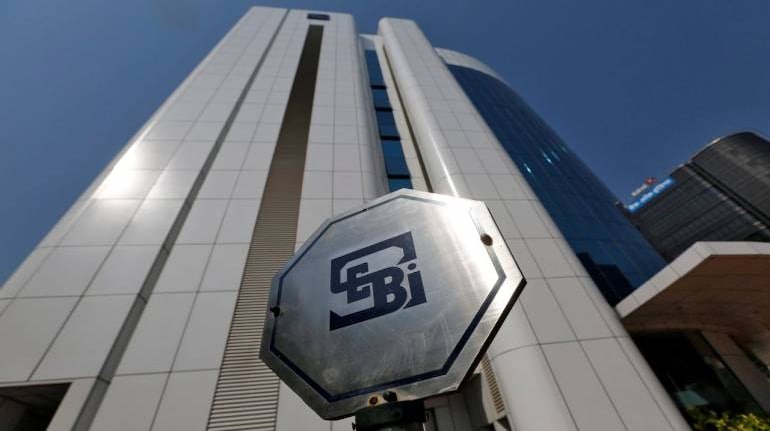SEBI reduces minimum lock-in period for promoters after IPO, agrees to ‘controlling shareholders’ concept
The market watchdog has also decided to streamline the disclosure requirement of group companies.

SEBI Headquarters in Mumbai
The Securities and Exchange Board of India (SEBI) on August 6 eased the lock-in period for promoters’ investments after stock market listing of the company from three years to 18 months subject to certain conditions.
The market watchdog has also decided to streamline the disclosure requirement of group companies.
SEBI approved relaxation of lock-in requirement for promoters shareholding in IPO/FPO if the object of the issue involves only offer for sale, fundraising other than for capital expenditure, for a project.
The board also agreed in principle to the proposal for shifting from the concept of the promoter to ‘person in control’ or ‘controlling shareholders’ in a smooth, progressive and holistic manner.
To this effect, it has been decided to engage with other regulators to ascertain and resolve regulatory hurdles, if any, prepare draft amendments to securities market regulations and analyse the impact of the same and further deliberate at the SEBI’s primary market advisory committee (PMAC) and develop a roadmap for implementation of the proposed transition.
The board noted that the investor landscape is now changing, with private equity and institutional investors holding significant shareholding in listed companies.
“In recent years, a number of businesses and new-age companies with diversified shareholding and professional management that are coming into the listed space are non-family owned and/or do not have a distinctly identifiable promoter group,” the board said.
Gaurav Mistry, Associate Partner, DSK Legal, said: “The proposal to replace the concept of Promoter with ‘person(s) in control’ or ‘controlling shareholders’ may turn out to be a step in the right direction, which takes into account the changing business practices in today’s day and age. However, it will have a direct impact on various legislations and may lead to serious interpretational issues, unless corresponding changes are made across other legislations, and objective changes are made to the meaning of the term ‘control’. Having said that, this change is intended to depart from the traditional owner-manager concept and practices, and move to a more practical and objective approach particularly since the concept of professional management is gaining momentum in India.”
The board has also decided to approve ways to reduce the disclosure requirements at the time of IPO. These measures include rationalising the definition of the promoter group, in the case where the promoter of the issuer company is a corporate body, to exclude companies having common financial investors.
In addition, the disclosure requirements in the offer documents, in respect of group companies of the issuer company, should be rationalised to exclude disclosure of financials of top 5 listed or unlisted group companies.
These disclosures will continue to be made available on the website of the group companies.
According to Makarand Joshi, founding partner, MMJC and Associates LLP, the change in regulatory framework for the promoter and promoter group is a boost to the start-up fraternity and their investors. “Going forward, more changes should follow including simpler due diligence process for such companies. This well-timed initiative augurs well for over 50 unicorns in India, and can constitute 10-20 percent market capital of the whole industry,” he said.
Mistry further pointed out that the relaxations proposed by SEBI in relation to disclosure requirements under the Takeover Regulations are a welcome change. “It will reduce the compliance burden on promoters and acquirers significantly due to the ‘System Driven Disclosures’ process which is already in place. More importantly, it will reduce human intervention as the data would get aggregated at the depository level and therefore, should leave little or no scope for clerical errors or possible data manipulation,” he observed.




